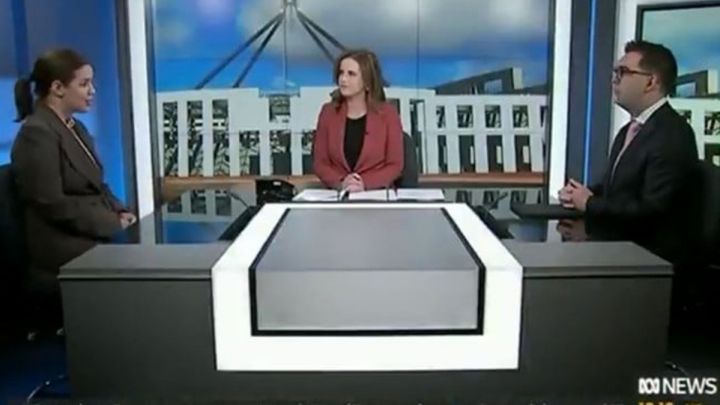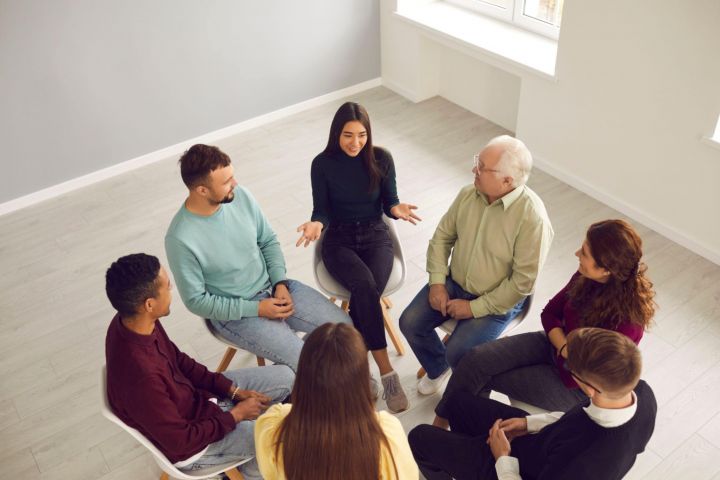One of the most telling moments of a recent encounter between MP Kate Thwaites and Liberal Senator Ben Small was when the Senator said “I think we can have a respectful conservation” after having interrupted her explanation of the motivation behind the March 4 Justice rallies.

As an organisation on a mission to create a more inclusive society, Inclusive Australia endeavours to create safe spaces in the public realm and within organisations in which respectful conversation, where there may be opposing viewpoints, can take place. It’s bigger than addressing gender inequalities, it’s about our ability to listen to each other and show humility so that we can learn and grow together. Humility is “a virtue that allows its possessor to make accurate assessments of their own strengths and limitations and also the strengths and weakness of others”. (Tangney, 2000)
With Trump-style one-upmanship becoming a template for debate, it’s clear we need to return to the basics. We need to relearn the purpose of debate and what it means to converse respectfully.
Why debate is important
Everyone lives a unique life and has a unique perspective. That diversity of experience brings richness and leads to better outcomes such as higher performing teams and societies. The Australian public is disengaging with politics because politicians are no longer having debate. Discussion about ideas and policy has turned into entertainment.
No-one gains in a debate in which one person speaks over another or tries to silence them. Neither viewpoint is proven, neither participant is convincing and the issue remains stagnant. It demonstrates both a lack of moral humility (one’s own place in the world relative to others) and intellectual humility (an accurate perspective on one’s own knowledge, and recognising the knowledge, skills and strengths of others). This fills the audience with distrust in the individuals and what they represent, and dismay at their ability to look beyond their own interests.
We live in a country rich with diversity of thought and experience and blessed with world-class academics and scientists. If we can find a way to respectfully listen to each other and the facts, we will have no need to fear a spectrum of social and political opinion. In fact, understanding these nuances will give us strength and resolve as a nation.
“…leaders increasingly must be able to humbly show their followers how to grow by admitting what they do not know, modeling teachability, and acknowledging the unique skills, knowledge and contributions of those around them.” (Owens and Hekman, 2019, p811)
“Humble behaviors, at every organizational level, appear to enhance both individual and group capabilities that drive long term strategic advantage.” (Norcross and Manning, 2019, p59)
How do we debate respectfully?
It starts with the simple recognition that every human has a right to be heard and that no one has all the answers. The person sitting across from you might not look like you, might not live like you and might not share your views. Their education, upbringing and experiences will differ, but their perspective on the world will broaden yours.
To have a respectful conversation, we need to learn the three behaviours of ‘expressed humility’ required to learn, question assumptions and create new solutions. These are a willingness to view oneself accurately, an appreciation of other’s strengths and teachability (Owens et al., 2013, p1518)
In practice, this means:


If you would like more information on the following article please contact andrea.pearman@inclusiveaustralia.com.au
Let us know!

